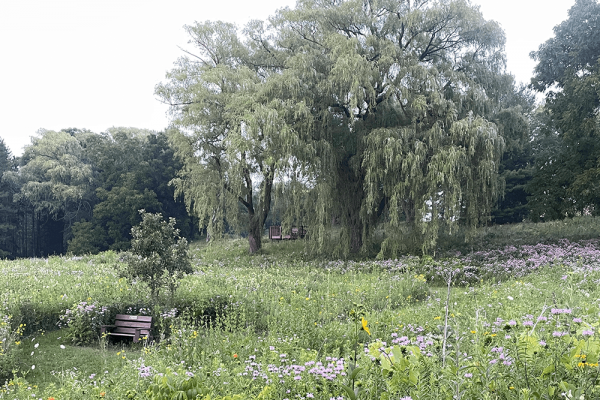Jul 30, 2024
In the quiet oratory of Holy Wisdom Monastery in Middleton, Wisc., I spent my mornings gazing at the face of Jesus. On the far wall of the room where we prayed hung an icon of Jesus holding a tablet that read, “Behold, I make all things new.” Outside the prairie was a technicolor parade of coneflowers, whorled milkweed, and purple loosestrife, while robins, cardinals, and song sparrows continued their song; but it was hard for me to believe that Christ was making things new in the present.
Read the Full Article

Already a subscriber? Login
